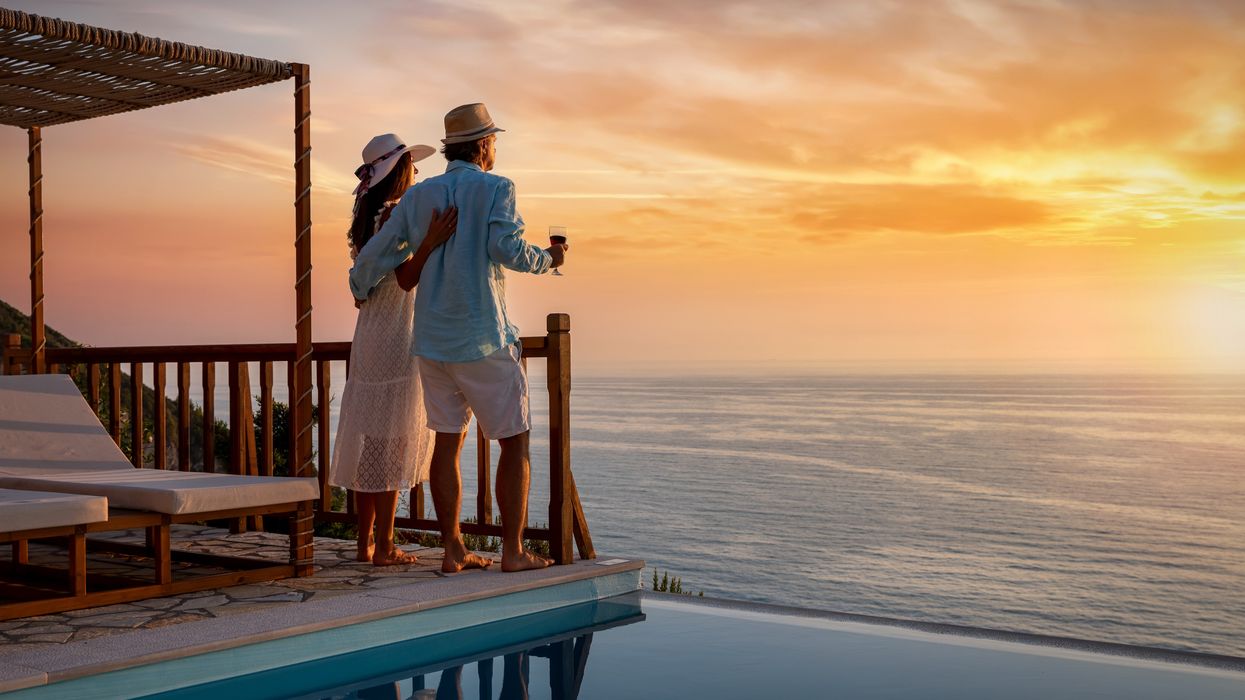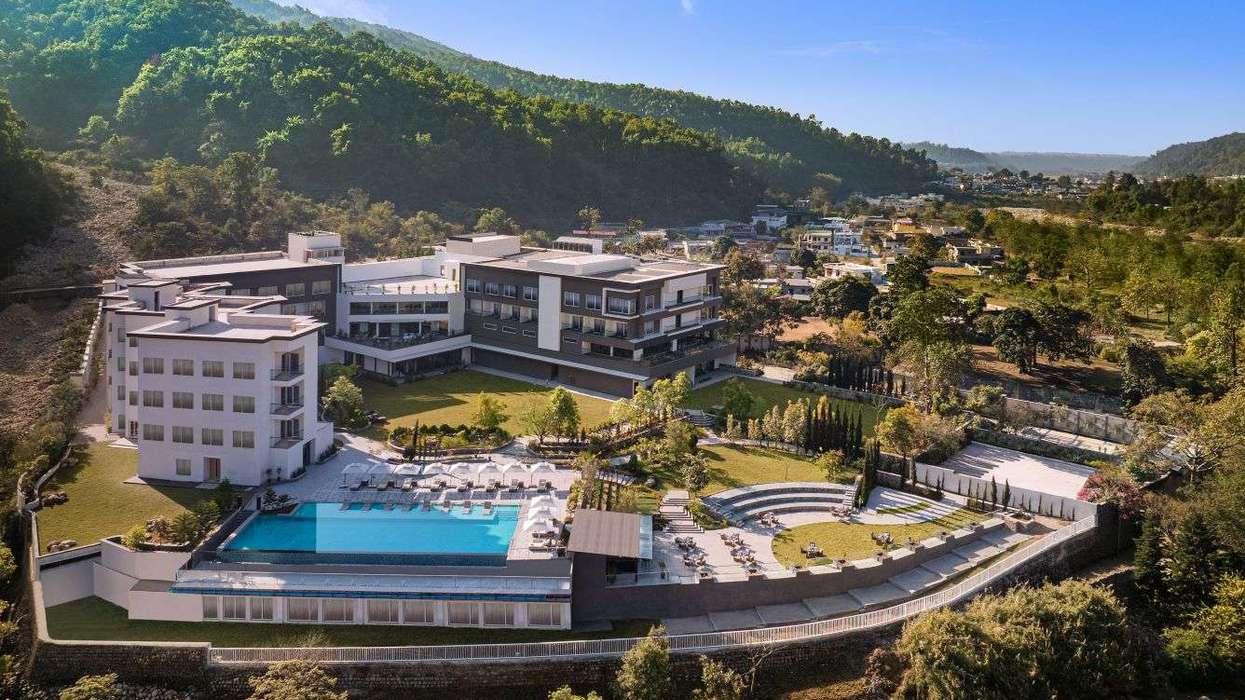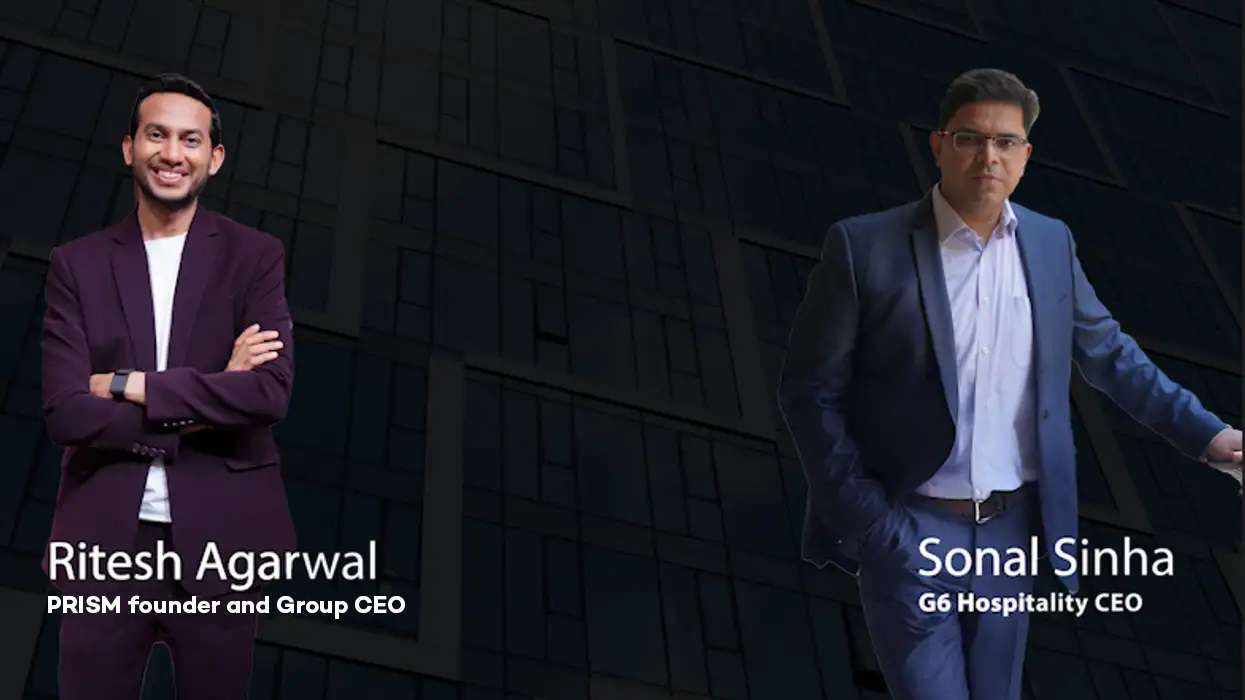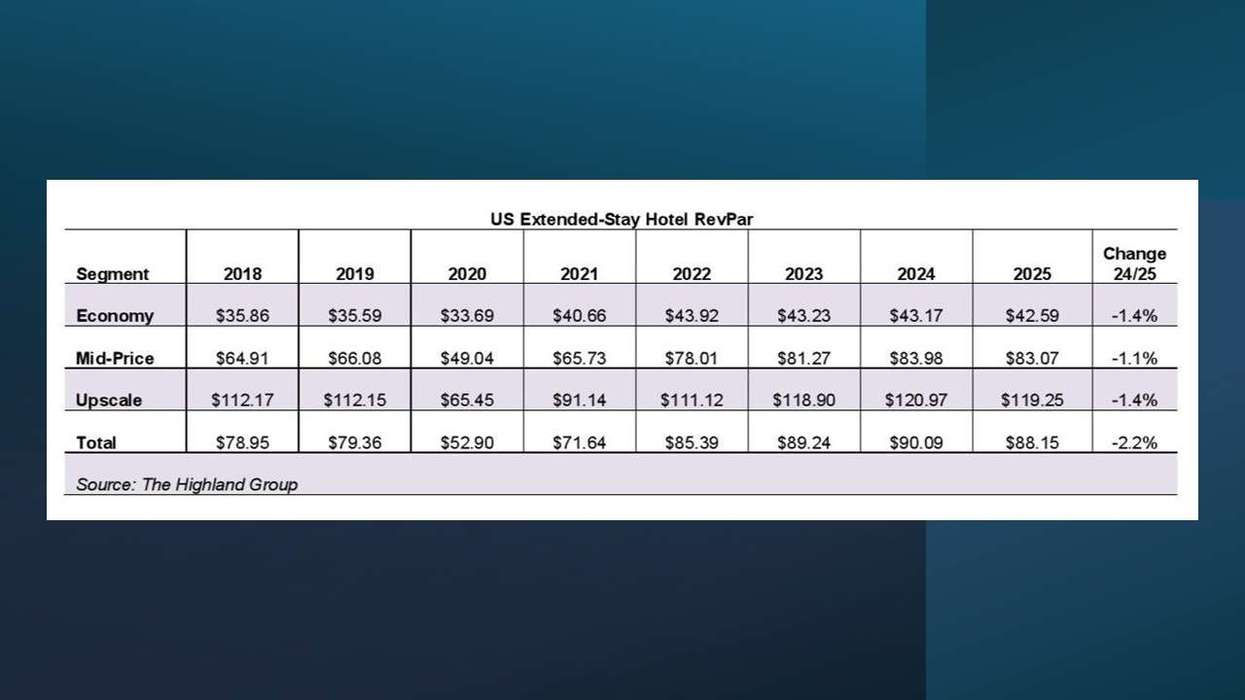Flywire Report: Luxury Travel Trends and Insights for 2025
SOME TRAVELERS ARE willing to pay more for personalized experiences that enhance well-being, with around 80 percent willing to spend more next year for unique access to feel recharged and enriched, according to a Flywire Corp. report. Nearly half of those spending over $25,000 per vacation plan to spend even more on once-in-a-lifetime experiences.
Flywire’s report, “Unlocking Ultra-Luxury Travel in 2025,” based on a survey of more than 500 U.S. travelers, details their preferences and implications for travel providers.
“Our research shows us that ultra-luxury travelers are as motivated by the ability to unplug from the world in their travels as they are to have once-in-a-lifetime experiences,” said Colin Smyth, Flywire’s senior vice president and general manager of travel. “More so, many of them are planning to spend more in pursuit of these experiences than before, reflecting luxury travel’s resilience and expanding global appeal.”
Boston-based Flywire is a global payments and software company.
Approximately 82 percent of respondents plan to spend more on trips next year, the report said. About 92 percent believe luxury travel is about access to people, places and authentic experiences beyond exclusive accommodations. Half define it by once-in-a-lifetime and personalized experiences.
According to 96 percent of respondents, travel agents or advisors are key to curating these experiences, the survey noted. Nearly 9 in 10 who use them say it's the only way to achieve true luxury travel. Respondents cite expert advice on destinations, activities, and operators, as well as agents’ deep understanding of personal preferences.
Ultra-luxury travelers prioritize mental and physical well-being through travel, the report said. Nearly all plan trips to reduce stress, anxiety, or unplug, and 9 in 10 are interested in wellness vacations, including self-discovery, spa, and nature retreats.
Upscale travelers are embracing slow travel to fully immerse in their vacations, the report said. Also, 93 percent took at least one slow travel trip last year, and 95 percent plan the same or more this year. Additionally, 84 percent prioritize JOMO—the Joy of Missing Out—focusing on what matters to them rather than others.
Around 95 percent of luxury travelers say ease of payment is important, the report said. Nearly 9 in 10 expect a positive payment experience, and most choose travel providers based on it.
Travelers aim to avoid payment pain points such as unexpected fees and exchange rates at 34 percent, lack of local currency options at 24 percent, and credit card restrictions at 23 percent. Security remains a key concern for 72 percent of respondents.
A recent Ipsos UK and American Express Global Business Travel study found that nearly 70 percent of travelers look forward to business trips.






